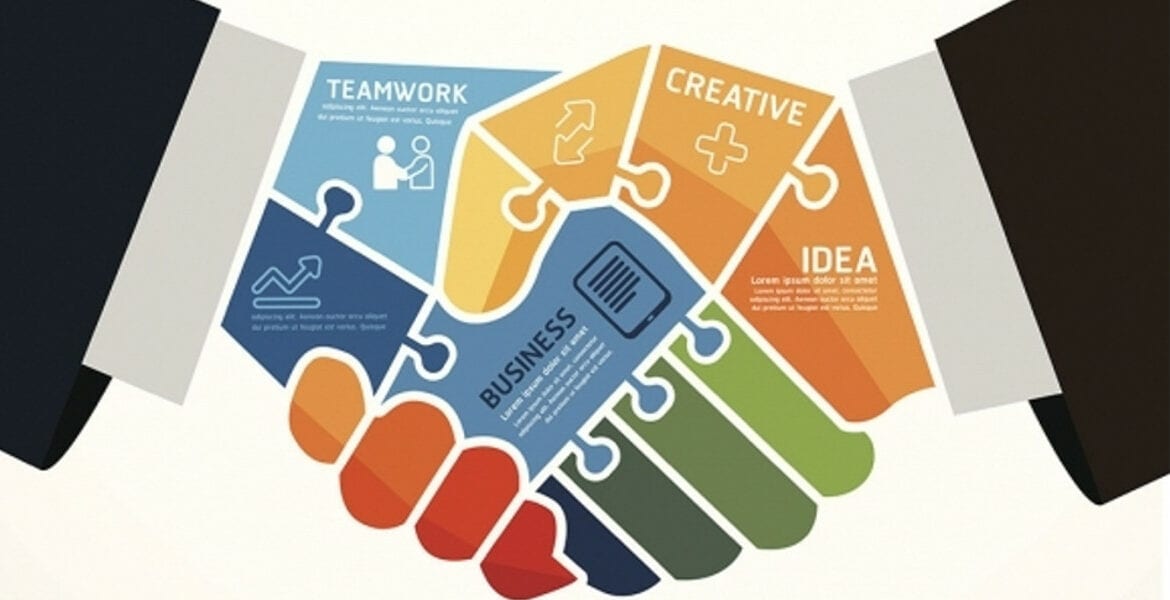In today’s hectic business world, procurement is essential to obtaining the products and services a company needs to run efficiently. Nonetheless, its significance extends beyond the negotiation of prices and supplier selection. Establishing trusting connections with suppliers is essential for successful procurement. In this context, Supplier Relationship Management (SRM) is helpful. This post provides valuable suggestions to improve your Supplier Relationship Management approach and increase the efficacy of your procurement process.
Clarify your expectations early.
Establish clear expectations right away. Delivery schedules, quality standards, and performance indicators should all be well-defined. A mutually agreed-upon understanding of expectations lowers the possibility of miscommunication and creates the conditions for a fruitful collaboration.
Clear expectations align with each party’s objectives, facilitate more effective collaboration, and focus efforts on common goals. Accurate expectations also function as standards for assessing performance.
Provide unambiguous channels of communication.
Any great relationship starts with open and honest communication. It is imperative to establish transparent communication channels with your suppliers to guarantee that expectations, specifications, and comments are communicated promptly and accurately.
A clear line of communication helps to prevent misunderstandings. Errors, delays, and dissatisfaction can result from unclear requirements or expectations. Being dependable and consistent in communication is also essential to developing trust.
Gibson Consulting advises organizations to set clear expectations and standards for their suppliers to ensure that all parties agree. Organizations must also remain open and honest with their suppliers about their business procedures, providing them with pertinent updates and information.
Have a change in communication protocol in place.
Recognize that things might happen and that your expectations will need to adapt. Provide a transparent communication process for any modifications to delivery schedules, quality standards, or performance indicators. This makes sure that everyone is aware and able to adjust as necessary.
Discuss equitable and long-term terms.
In the long run, both parties gain from fair and sustainable conditions. Aim for profitable partnerships that benefit both parties and guarantee your company gets high-quality products or services at reasonable costs.
Supply chain interruptions are less likely when terms are sustainable. There is less chance of unforeseen difficulties that could endanger the collaboration when both sides are happy with the arrangements. It satisfies your procurement goals and encourages the supplier to maintain high standards to keep the partnership going.
Deal with problems quickly and efficiently.
Issues may come up, but how you handle them determines how strong your bond is. Deal with problems quickly, honestly, and cooperatively. Collaborate to identify solutions that will fortify the partnership and stop recurrence.
Resolving conflicts quickly maintains trust. Prompt problem-solving and acknowledgment show a dedication to openness and responsibility, which are critical in establishing and preserving a solid supplier relationship.
Check the health of your relationships frequently.
Evaluate your supplier relationships regularly. Conduct surveys, ask for input, and have candid discussions to find areas that need work. Proactive relationship management guarantees that problems are found and fixed quickly.
Celebrate accomplishments jointly
Finally, celebrate and acknowledge each other’s accomplishments. Acknowledge and honor suppliers for their accomplishments, whether meeting deadlines, providing products of outstanding quality, or helping with cost-cutting efforts. Positive encouragement helps to make the partnership stronger.




